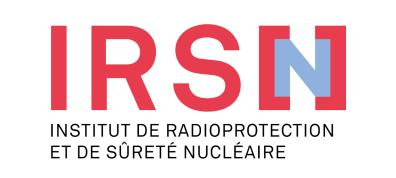Research programs
To enable it to carry out relevant expert assessments, IRSN develops its own research programs, with priority given to national and international collaboration through creating partnerships and mixed research units. The Institute also participates in numerous international research programs.
For IRSN, this means anticipating future questions on changes and control of risks from nuclear activities and developing new research themes on accidents and crisis management where IRSN supports the public authorities.
A few current research programs are detailed in the page below.
Safety in nuclear facilities
Research programs on fuel behavior
One of the major safety objectives of nuclear facilities is thus to contain radioactivity in all circumstances. IRSN carries out R&D programs to understand the behavior of the first containment barrier in the various accident situations that could occur in a PWR.
Reactivity injection accident
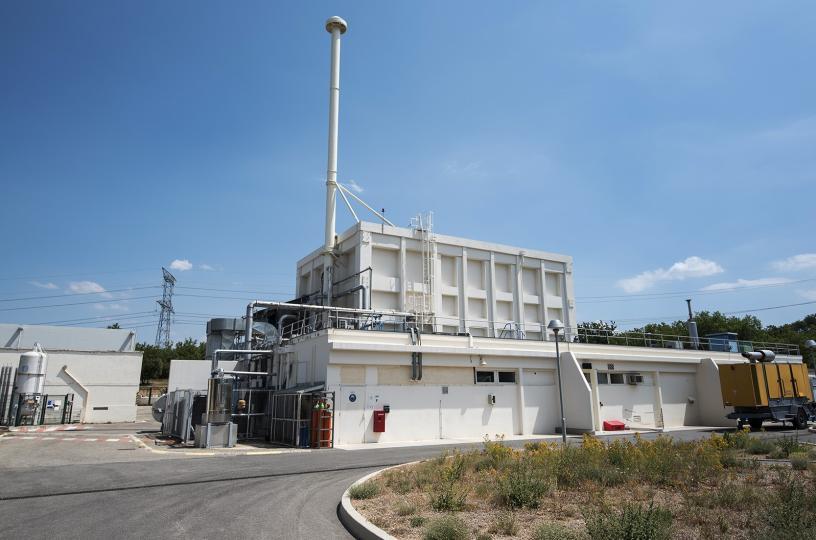
CABRI international program (CIP)
The actors of the international CABRI study the reactivity incidents to ensure the extraction of a maximum of energy from the fuel by extending the residence time in reactors.
Loss-of-coolant Accident
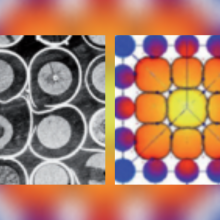
PERFROI project
The PERFROI experimental research project, launched in January 2014 for a six years long period, aims to better understand the cooling behavior of a nuclear reactor core in case of a loss of coolant accident (LOCA).
LOCA in spent fuel pools
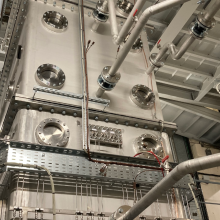
DENOPI project
The DENOPI project aims to acquire experimental data on the physical phenomena associated with a spent fuel pool loss-of-cooling and loss-of-coolant accidents.
Other research programs

AEROMET project
Launched in 2017 for three years, the European AEROMET project aims to develop and demonstrate methods for traceability and calibration of different aerosol instruments capable of covering the environmentally relevant size range. The project also has the purpose to provide the necessary EU wide calibration infrastructure for aerosol instruments. The traceability and calibration will consider particle size, number as mass concentration and chemistry of particle components.

ASSAS project
ASSAS (Artificial intelligence for Simulation of Severe AccidentS) is a project will consist in a proof-of-concept of realistic industrial simulators targeting not only phenomenological training but also potentially accident management training, management guidelines assessment and emergency preparedness and response.
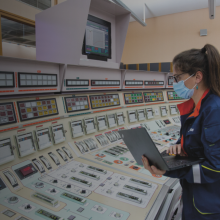
CONCRETE program
The CONCRETE consortium's scientific programme, launched in September 2020 for a period of 4 years, aims to remove the scientific barriers to controlling the ageing of concrete structures, particularly in the case of structures affected by internal swelling reactions classically known as "concrete pathologies".
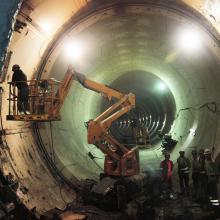
The COSEA project
Launched by the IRSN in December 2015, the COSEA project should enable points for discussion to be proposed on the risks associated with joint activity and the tools that could be implemented to prevent them.
